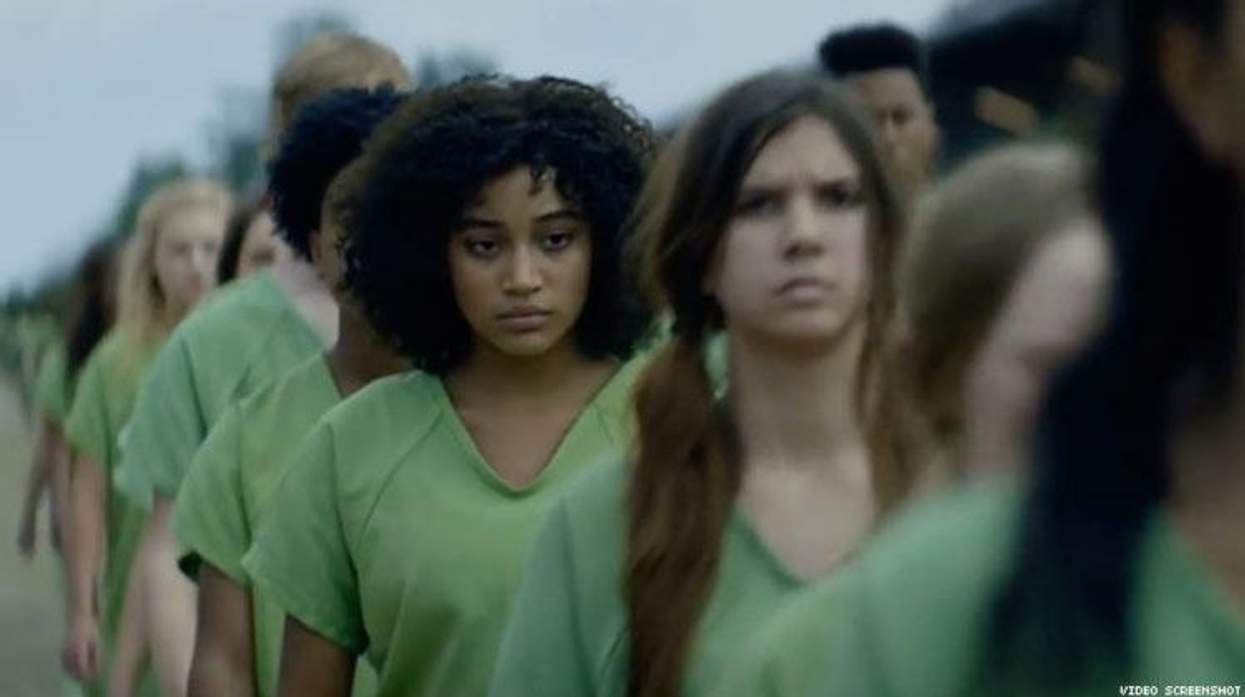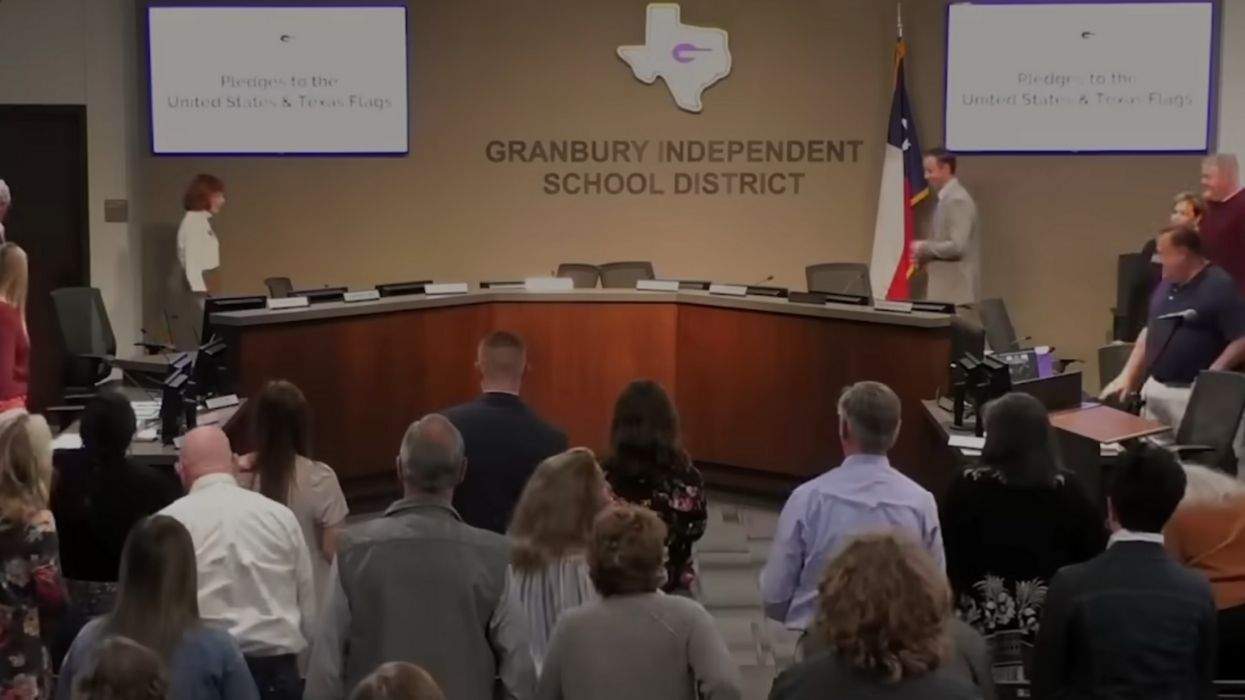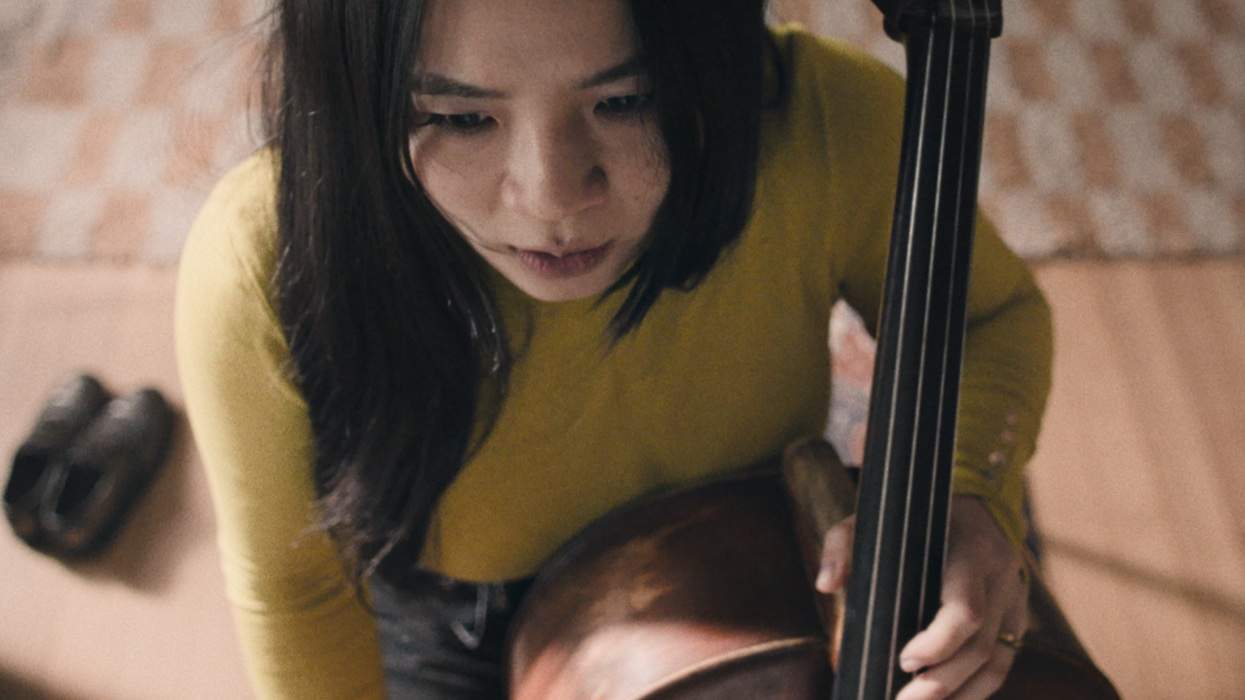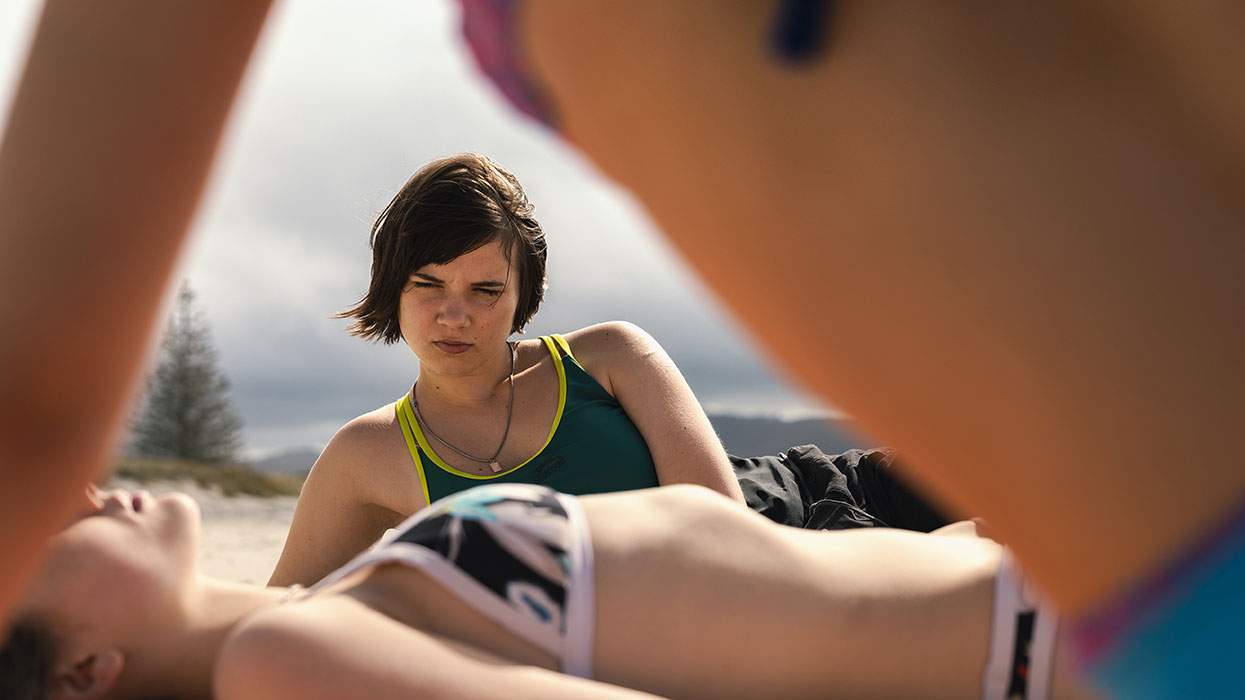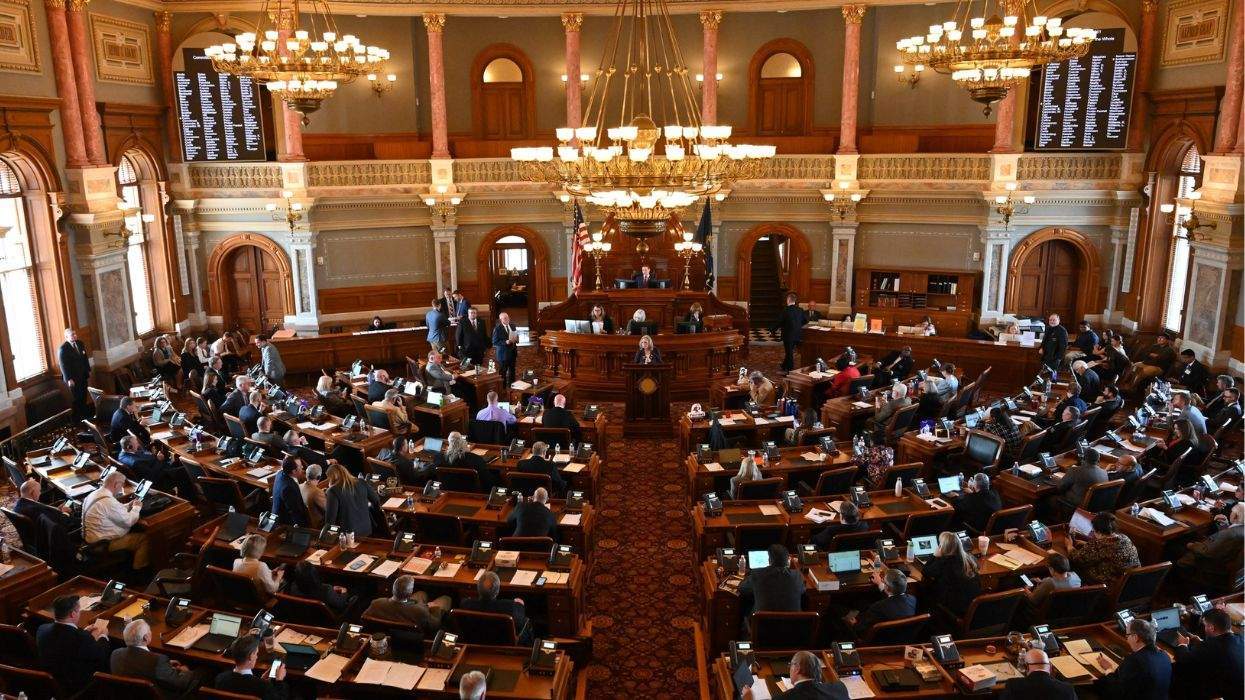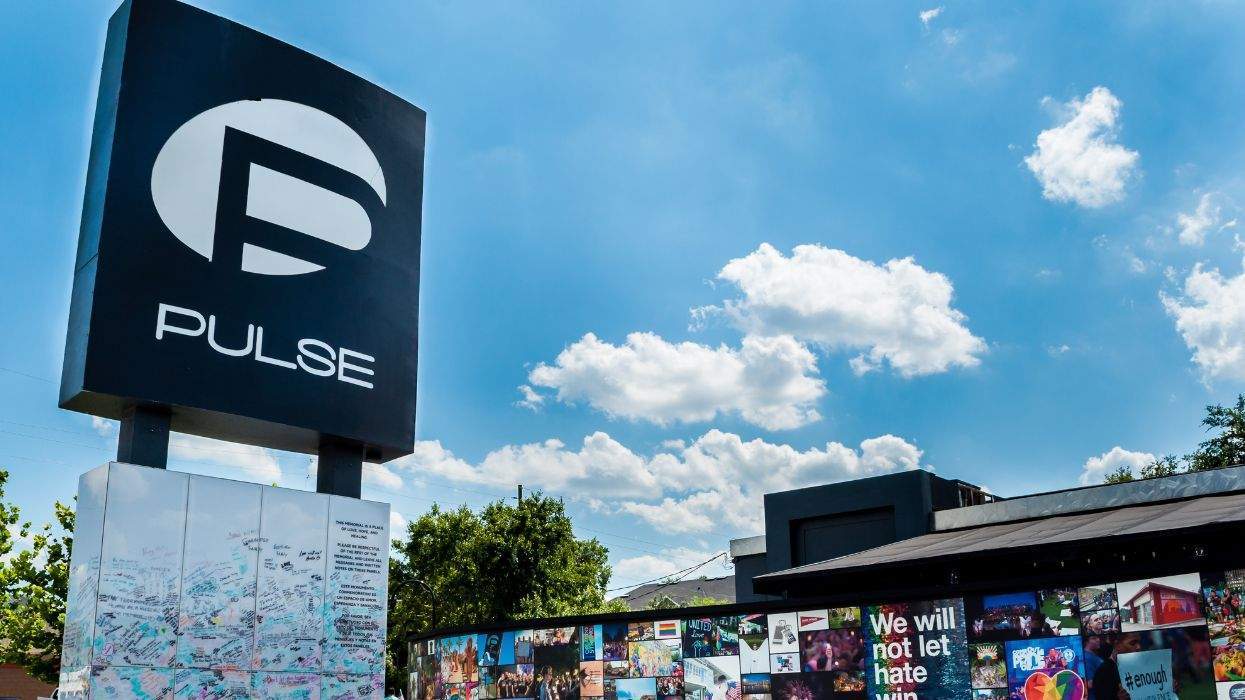Movies ought to have something to say -- so says the writer of the upcoming teen apocalypse film The Darkest Minds. And his does, not only with its frighteningly prescient story but also with who is in it.
"It's really sad if a writer has to be told to make their story more diverse," says writer Chad Hodge. "In our world today, if you're writing a script and you need to be told by someone that your stories or your characters need to be diverse, then you're not living in the real world."
The characters -- and people who've brought the upcoming film to life -- definitely come from the real, culturally heterogeneous world. At the center of the film is Amandla Stenberg, a proud gay black actress who's better known for the lines she's said as an activist than any character she's portrayed.
Meanwhile, The Darkest Minds was directed by Jennifer Yuh Nelson, whose past work was two Kung Fu Panda sequels. As an Asian woman, she's directing something that can fill the void of the Hunger Games series (of which each installment was directed by a man).
For Hodge, who also is the executive producer of TNT's female-centric Good Behavior, inclusivity is a given.
"I'm a gay man. I don't think about, Oh, I need to include a gay character. Because my perspective is as a gay man. So I'm like, Oh, I guess I should make someone straight," he tells The Advocate. "I never feel like I'm writing diversity into a show; I feel like I'm writing truth."
The film, which is based on the novel by Alexandra Bracken, takes place six years in the future, when 98 percent of the nation's children have died. The 2 percent who remain have supernatural powers. They're detained in concentration camps -- something that has become increasingly timely as migrant children are kept in cages within American borders.
"When I read Alexandra Bracken's The Darkest Minds and wrote the adaptation, the concept of children in internment camps in the present-day United States was something very fictional and very unreal," says Hodge, who is horrifed by Donald Trump's immigration policies. "And it should be something fictional and unreal."
The novelist's research into how the government might justify and establish the rehabilitation camps was focused on the Japanese-American internment camps set up in the U.S. during World War II. Like many dystopian storytellers, Bracken looked at how the government manipulated existing structures to put children in unbearable places.
"They're told, 'You're bad, you're terrible, these powers are nothing,'" explains Hodge. "They're looking for a place to live where they can be normal and be themselves, which is really powerful because we all feel weird."
The film follows Stenberg's character, Ruby, as she breaks out of the camp and fights for her freedom in America, delivering Hodge's message that "whether it's powers or deficiencies that make you weird, actually that thing is your power."
The power of youth is not lost on Hodge, especially in a time when immigrant children are being treated as disposable. "My biggest thing when I was younger was that I always felt that I had to be a certain age before I was important enough to say something or important enough to write a story," he says. "I realized as I got older, I'm no smarter now than when I was 25 or 21. I was really fucking smart when I was 21!"
It makes sense that Hodge is working with Stenberg, who is only 19, yet one of the most powerful voices in Hollywood today. In 2015, at age 16, she was named Feminist of the Year by the Ms. Foundation for Women. "Amandla is brave and effective in pointing out the presence of racism within white culture," raved feminist icon Gloria Steinem, "and also in naming the invisibility of black women."
Hodge agrees that no voice is underage, and he offers a message to LGBT youth like Stenberg: "Don't think that because you're 21, you don't have something to say. Learn how to put that into a script or learn how to write a song or however you want to shape your voice. Just because you're young doesn't mean you don't have something to say, and say it."
